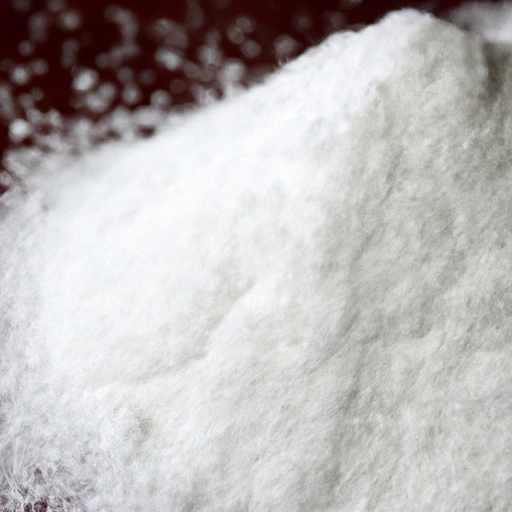Castor Sugar
Description

Castor sugar, also known as caster sugar or superfine sugar, is a fine form of granulated sugar. It is commonly used in baking due to its ability to dissolve more quickly than regular granulated sugar. Castor sugar is available in different measurements, including grams (g) for a metric system, ounces (oz) and cups (c) for an American system, and sometimes in tablespoons (tbsp) or teaspoons (tsp) when smaller quantities are required.
Common uses
Castor sugar is primarily used in sweet culinary applications, such as baking cakes, cookies, and meringues. It's also used to sweeten beverages, like coffee and tea, when a quick-dissolving sugar is desired.
Nutritional value
Calories
Castor sugar provides about 16 calories per teaspoon (4 grams).
Protein
There is no protein content in castor sugar.
Fat
Castor sugar contains no fat.
Carbohydrates
Each teaspoon of castor sugar has about 4 grams of carbohydrates, which are entirely sugars.
Vitamins
There are no significant amounts of vitamins in castor sugar.
Minerals
Castor sugar does not contain minerals.
Health benefits
Due to its sugar content, castor sugar does not offer specific health benefits and is best consumed in moderation within a balanced diet.
Potential risks
Overconsumption of castor sugar, like any sugar, can lead to health issues such as tooth decay, weight gain, and an increased risk of chronic diseases.
Common recipes
Common recipes that use castor sugar include sponge cakes, custards, and whipped cream.
Cooking methods
Castor sugar is often creamed with butter for baking or dissolved in liquids for syrups and cocktails.
Pairing with other ingredients
It pairs well with acidic ingredients like lemon juice, as it balances the flavors. It's also a good match for vanilla and other sweet spices.
Summary
Castor sugar is a versatile sweetener with a fine grain size, ideal for a variety of culinary applications, particularly in baking. While it has no significant nutritional benefits, it's a preferred choice for professional and home bakers for its quick-dissolving properties.